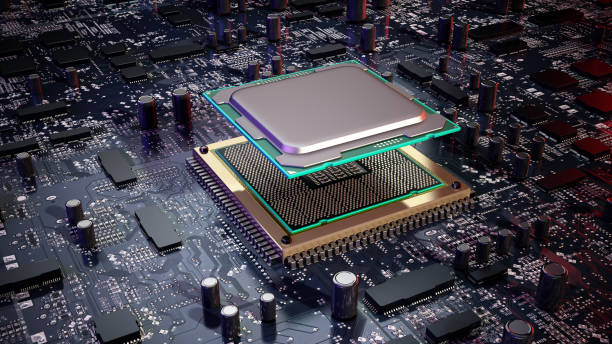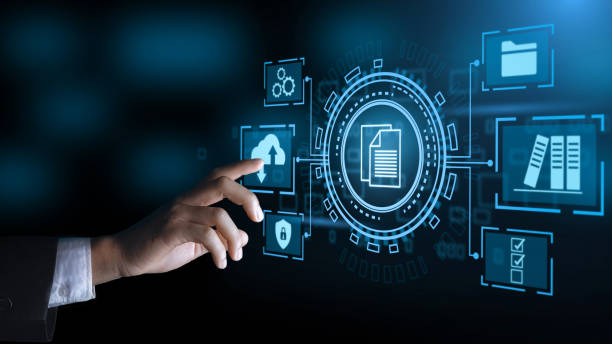
10 Tips for Optimizing Computer Hardware Performance In 2023? In today’s digital age, where computers play a vital role in both our personal and professional lives, it is crucial to ensure that our computer hardware performs optimally. Whether you’re a gamer, a creative professional, or simply someone who uses their computer for everyday tasks, optimizing your computer’s hardware can enhance its speed, responsiveness, and overall efficiency. In this article, we will explore ten practical tips that can help you optimize the performance of your computer hardware in 2023.
Introduction
Computer hardware optimization is essential for achieving maximum performance and efficiency. By implementing the following ten tips, you can unlock the full potential of your computer’s hardware components and enhance its overall functionality.
Keep Your Drivers Up to Date
Regularly updating your drivers is vital for ensuring optimal performance. Graphics drivers, in particular, play a crucial role in delivering smooth visuals and improved gaming experiences. Visit the manufacturer’s website or use automatic driver update tools to keep your drivers up to date.
Upgrade Your RAM

One of the most effective ways to boost your computer’s performance is by upgrading its RAM. Additional RAM allows your computer to handle more tasks simultaneously, reducing lag and enhancing overall responsiveness.
Manage Your Storage Space
A cluttered hard drive can significantly impact your computer’s performance. Regularly clean up unnecessary files, uninstall unused programs, and use disk cleanup tools to free up space. Consider investing in a solid-state drive (SSD) for faster read and write speeds.
Read More: 10 Tips for Choosing Best Quantum Computing Company In 2023
Clean Your Hardware Regularly
Dust accumulation can impede airflow and lead to overheating issues. Clean your computer’s hardware regularly, including the fans, vents, and heat sinks, to prevent overheating and ensure optimal performance.
Monitor Your System’s Temperature

Overheating can cause hardware malfunctions and performance degradation. Use monitoring software to keep an eye on your system’s temperature and take necessary measures, such as cleaning or adding additional cooling solutions, to maintain optimal temperature levels.
Optimize Your Power Settings
Adjusting your computer’s power settings can help optimize its performance. Consider switching to a high-performance power plan to prioritize performance over power conservation, especially when engaging in resource-intensive tasks.
Utilize External Cooling Solutions
If you frequently use your computer for demanding tasks such as gaming or video editing, consider using external cooling solutions like laptop cooling pads or CPU coolers. These accessories can help dissipate heat more efficiently, keeping your hardware temperatures in check.
Customize Your Operating System
Take advantage of customization options provided by your operating system. Disable unnecessary startup programs, optimize visual effects, and adjust settings to suit your specific needs. These optimizations can contribute to faster boot times and improved overall performance.
Consider Hardware Upgrades
If your computer is struggling to keep up with modern software demands, it might be time to consider hardware upgrades. Upgrading your processor, graphics card, or storage can significantly enhance your computer’s performance and ensure it remains capable of handling future advancements.
Conclusion
Optimizing your computer’s hardware performance is a continuous process that requires regular maintenance and periodic upgrades. By implementing the ten tips mentioned in this article, you can ensure that your computer operates at its full potential, delivering a smoother, faster, and more efficient user experience.
FAQs
How often should I update my drivers?
It is recommended to update your drivers regularly, preferably once every few months or whenever new updates are released by the hardware manufacturer.
Can upgrading my RAM solve all performance issues?
While upgrading your RAM can significantly improve performance, it may not address all performance issues. Factors like CPU power, storage speed, and software optimization also play crucial roles.
Is it safe to use automatic driver update tools?
Yes, using reputable automatic driver update tools is generally safe. However, it is essential to download them from trusted sources and exercise caution while installing any software on your computer.
Should I prioritize power conservation over performance?
The power settings should be adjusted based on your usage patterns. If you require maximum performance, prioritize performance over power conservation. For regular tasks, balanced power settings are usually sufficient.
How often should I clean my computer’s hardware?
Cleaning your computer’s hardware once every three to six months is generally recommended. However, if you notice excessive dust accumulation or rising temperatures, it is advisable to clean it more frequently.











